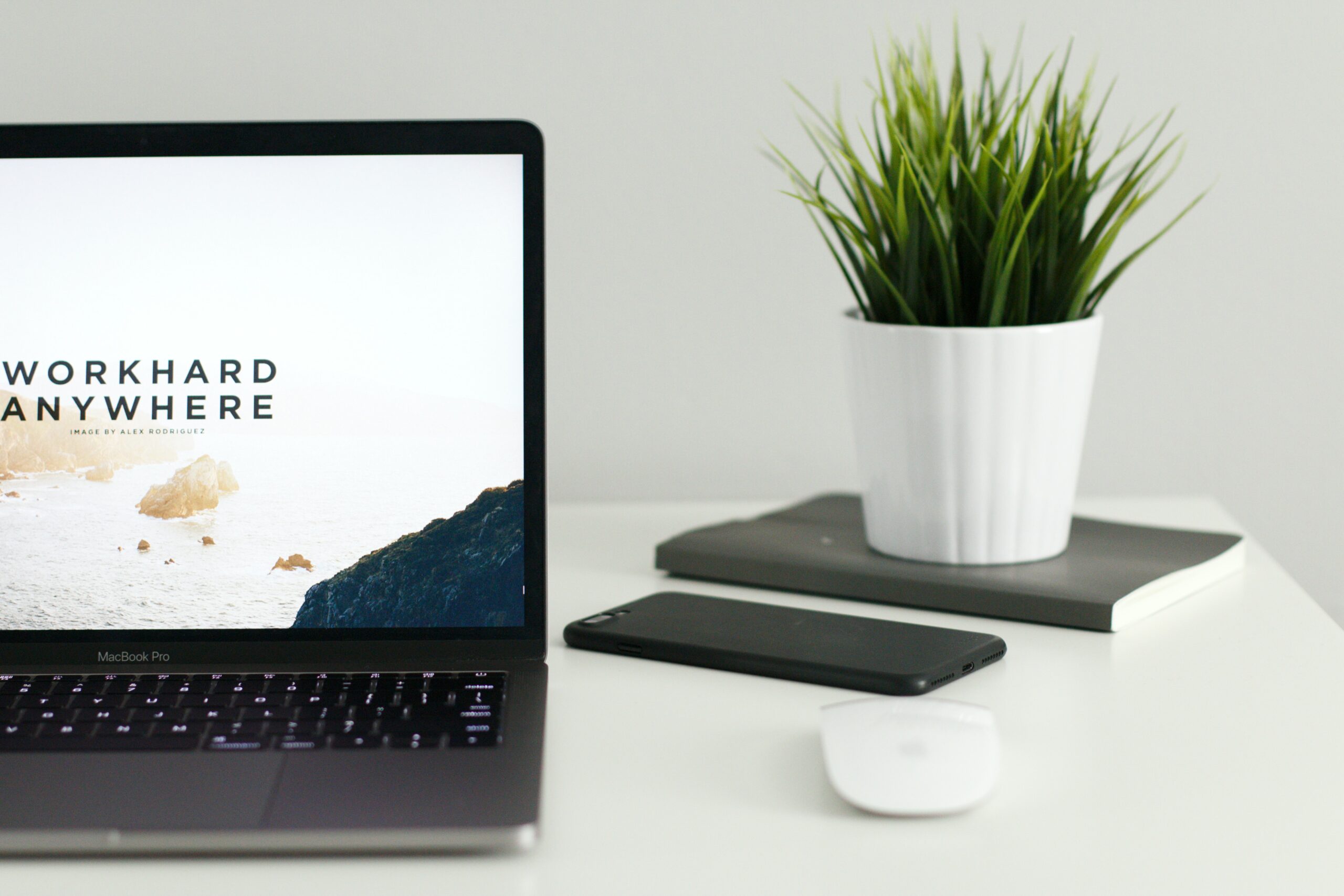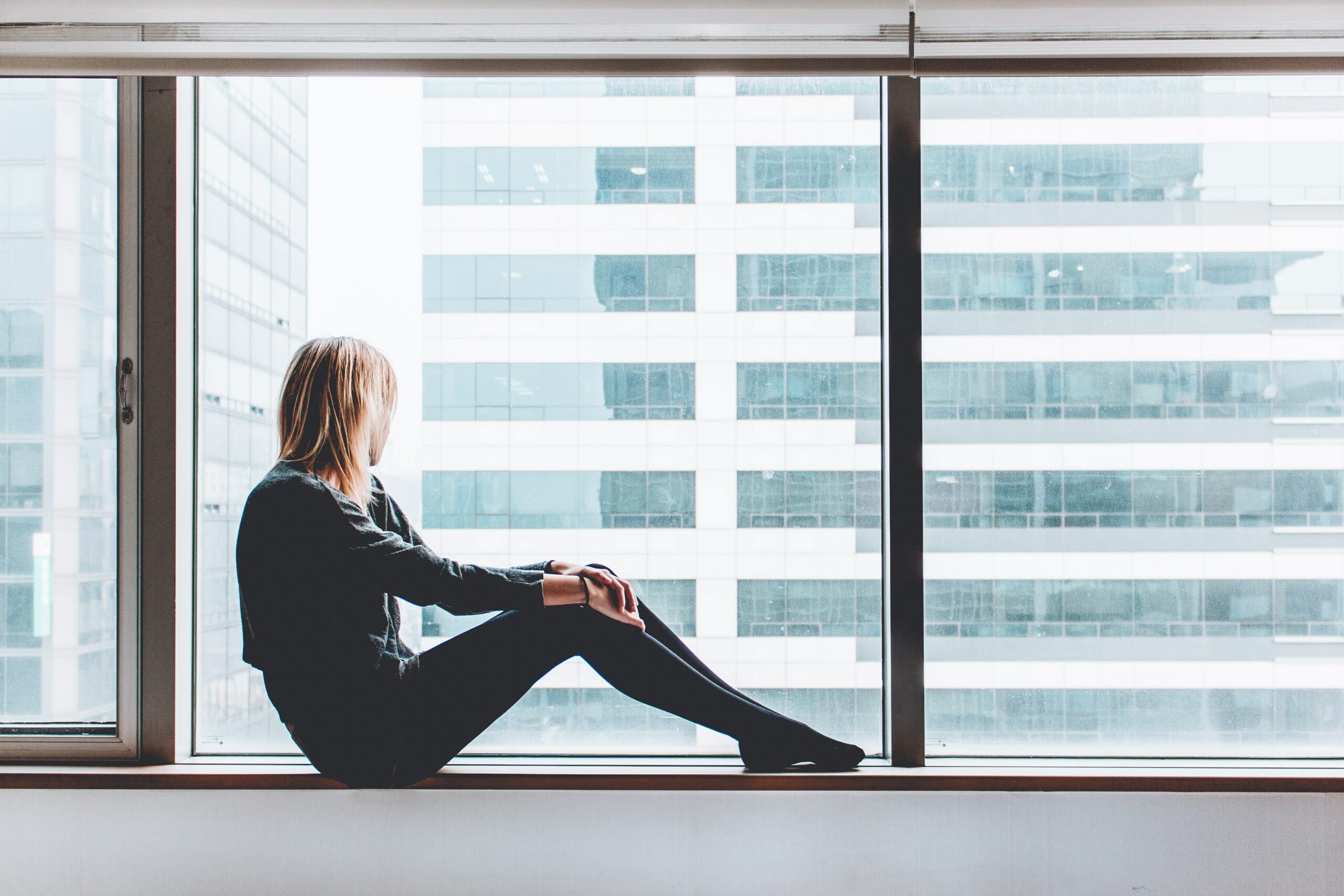Re-Evaluating Our Lifestyles in Times of Corona

At this point, the coronavirus has had severe effects in almost every country across the globe. Cities are shut down and massive restrictions have been imposed on our mobility and day-to-day routines. In these strange times characterised by isolation and uncertainty it may seem hard to stay optimistic, but it has already proved to be easier than expected.
Closed schools, restaurants, shops and cultural centres and lockdowns of entire countries have brought a sudden silence and emptiness over metropolises all over the world. We are forced to slow down and keep a distance to protect those who are at risk of getting infected. We are confronted with a situation unlike anything we have experienced before, but instead of giving in to the fear of the unknown, people find new ways to be together.
Many people have to work from home, which can feel unfamiliar and frustrating at first. Home office and home schooling may have caused some chaos in one case or another, but societies are often more adaptable than we think. Digitalisation made this unusual situation easier to embrace than it would have been decades ago. Technical problems that have been ignored are now being fixed. It also offers great possibilities – the flexibility of working from home makes it easier to look after children and pets or to spend more time with the family in general. Perhaps companies have already discovered some benefits of home office that they will take away from the current situation.

During times of uncertainty and anxiety, the urge for social contacts increases, but we are told to stay at home and avoid other people. Meeting our friends, family and co-workers, having a cup of coffee in the city, going to the gym and other small but vital things in our daily lives are suddenly no longer allowed. Nevertheless, social distancing doesn’t mean that we can’t be together. We have to be imaginative and come up with alternative activities to stay busy and connected – a task that we are performing with ease.
It started with people singing from the balconies in Italy, and artists all over the world followed this example and decided to share their work on social media in the form of live gigs. Various online platforms offer free access to e-books, home work-outs and language classes. Of course, we also finally have the time to tick off tasks on our personal to-do lists – tax returns, gardening, learning new skills, cleaning the entire house and many other things that we usually postpone.
In a crisis, people have to rely on each other and grow closer as a community. Social media campaigns promoted by celebrities call for solidarity and awareness. Many volunteers offer their help online. Younger people go grocery shopping for older people.
Solidarity is the slogan of this crisis – together against Corona, a lot of people choose to self-quarantine although they don’t show symptoms. By now, we have all understood that staying at home is not simply about protecting yourself. It is mainly about protecting those who are at risk of getting severely ill, our parents, grandparents and those with underlying medical conditions. We learn to look after each other as a community, a feeling that binds us together and will make us feel more connected even when the crisis is over.

People all over the world are self-isolating at the moment, our fast-paced lifestyles are losing speed. Workers in the healthcare system and food supply chain keep our country running – and we finally value these professions more than ever. There are hashtags that call for awareness and solidarity. There is applause on the balconies in the evening to express gratitude. We finally show respect for the relevance, the indispensability of certain professions.
Showing gratitude doesn’t stop here. We also realise that the smallest things like meeting friends for a coffee are freedoms that can’t be taken for granted. We develop a consciousness and learn to appreciate being able to go to work, to travel, to be with our beloved ones. We learn to spend our time productively while we are stuck inside, and we realise that we don’t always have to go out and meet people to have a good time. Staying at home is a legitimate way to spend a Friday night. These are skills and experiences that we can take away from this situation.
It’s up to us how we come out of this – let’s do it with courage, knowledge and a smile on our faces!









